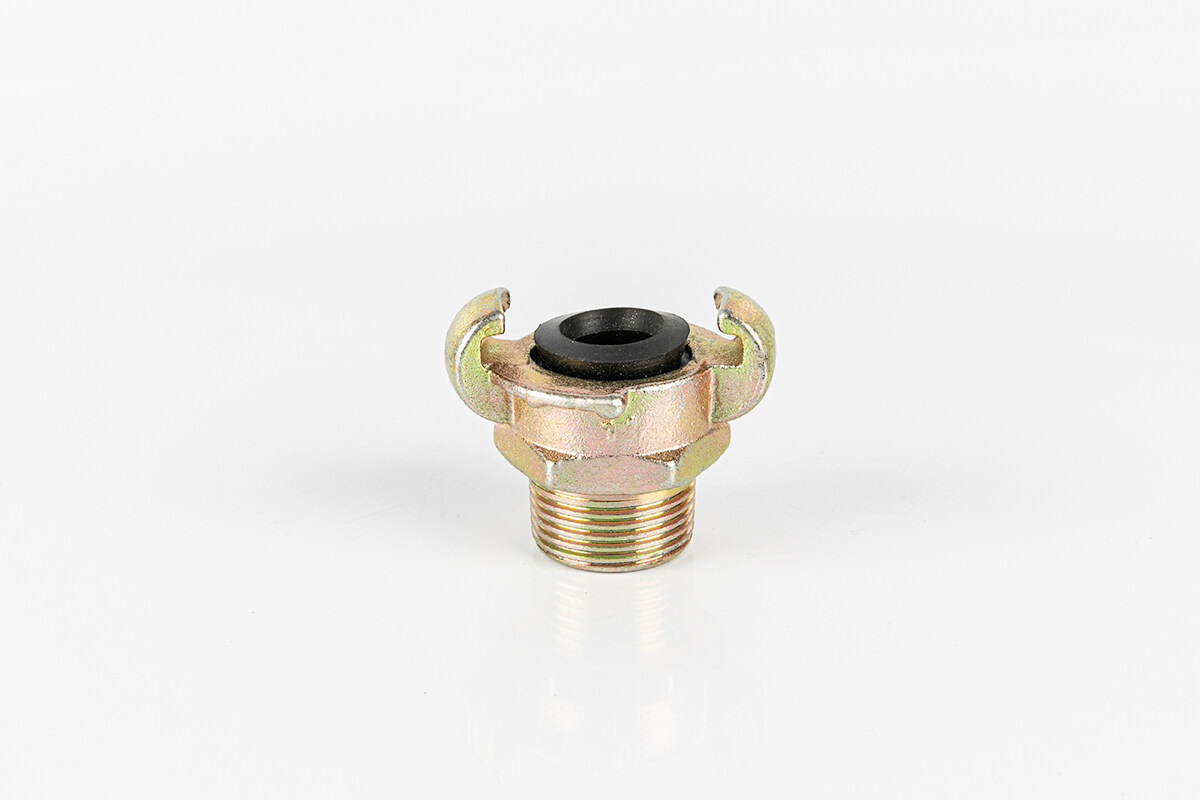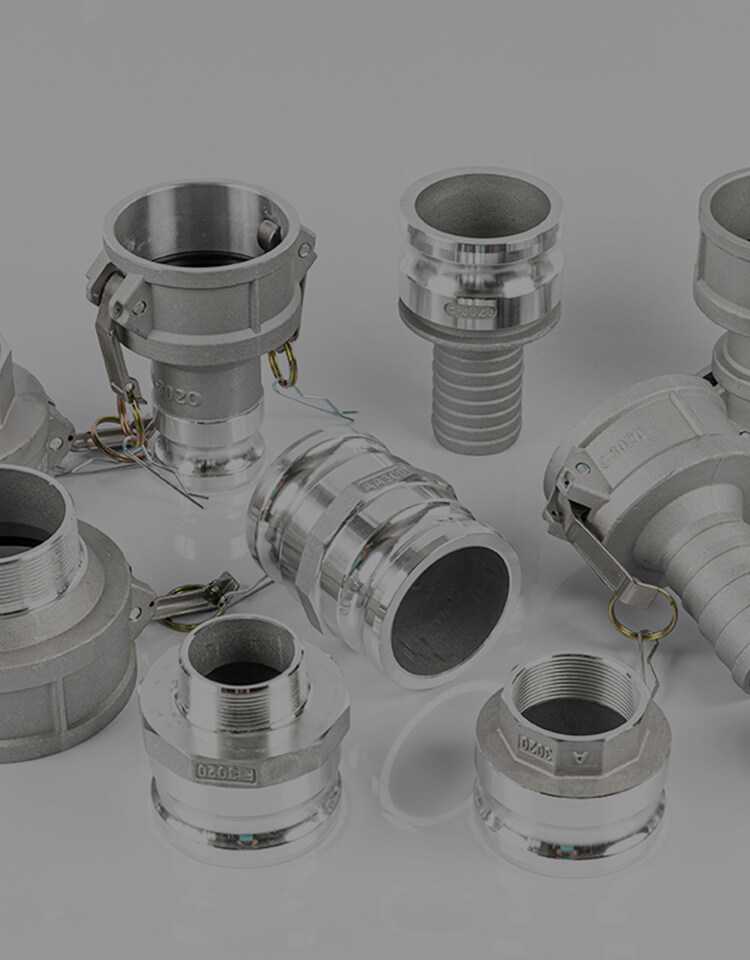Erreur de format d'e-mail
emailCannotEmpty
emailDoesExist
pwdLetterLimtTip
inconsistentPwd
pwdLetterLimtTip
inconsistentPwd

Nouvelles
Ici, vous pouvez décrire un morceau de texte que vous souhaitez exprimer

Exploring Male-to-Female Latch Mechanisms and Hose Connectors
Introduction:
In the dynamic world of industrial partnerships, efficient and secure connections are paramount. Today, we delve into the realm of male-to-female latch mechanisms and versatile hose connectors. These components play a crucial role in enhancing fluidity and reliability within various business operations.
Male-to-Female with or Without Latch:
When it comes to seamless connections, the male-to-female transition is a critical aspect. Whether with a latch or without, this mechanism ensures a secure and efficient link between components. The latch, in particular, adds an extra layer of stability, reducing the risk of unintended disconnections.
Exploring Hose Connectors: Female to Female and Female to Male:
Hose connectors form the backbone of fluid management systems, offering flexibility and adaptability. Female-to-female connectors provide a straightforward means of extending hoses, creating a continuous and reliable flow. On the other hand, female-to-male connectors offer compatibility between different components, allowing for a diverse range of configurations.

The Significance of Secure Connections in Business Partnerships:
In the realm of business collaboration, reliability is key. The utilization of male-to-female latch mechanisms and hose connectors ensures a smooth flow of operations, minimizing downtime and enhancing productivity. Imagine a scenario where every connection is as dependable as the partnerships forged in the business world.
Benefits of Male-to-Female Latch Mechanisms:
1. Security: Latch mechanisms add an extra layer of security, preventing accidental disconnections and potential leaks.
2. Efficiency: The latch mechanism facilitates quick and easy connections, optimizing workflow and reducing manual effort.
3. Versatility: Whether latch or latchless, male-to-female connections accommodate various applications, making them a versatile choice for businesses with diverse needs.
Optimizing Fluid Management with Hose Connectors:
1. Female-to-Female Connectivity: Streamlining operations with female-to-female hose connectors allows for extended reach and a continuous flow, reducing the need for multiple connection points.
2. Enhanced Compatibility: Female-to-male hose connectors open up possibilities for connecting different components, fostering compatibility across various systems.
Conclusion:
In the collaborative world of business partnerships, the devil is often in the details—specifically, the connectors that bind operations together. By incorporating reliable male-to-female latch mechanisms and strategically utilizing hose connectors, businesses can ensure the fluidity of their operations. These components are more than just physical connections; they are the conduits of efficiency, reliability, and success in the competitive landscape of modern commerce.

